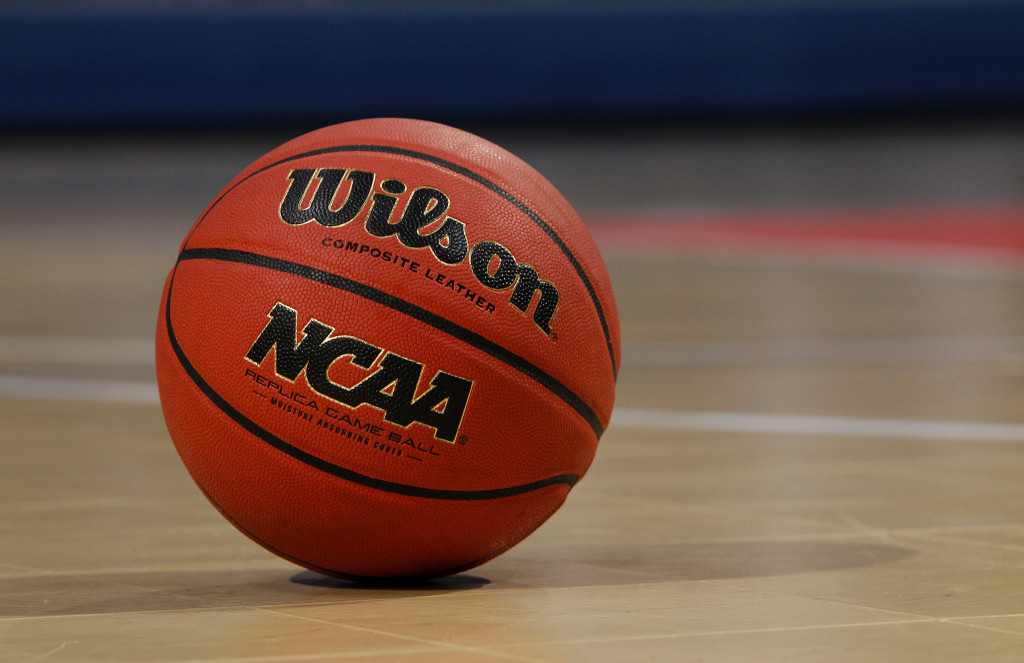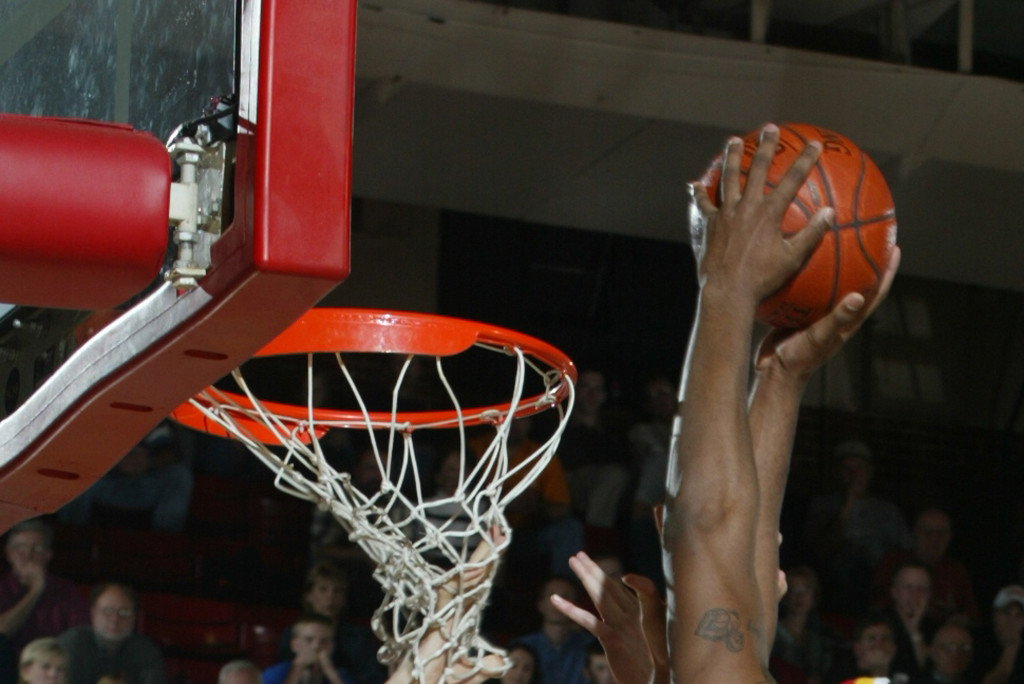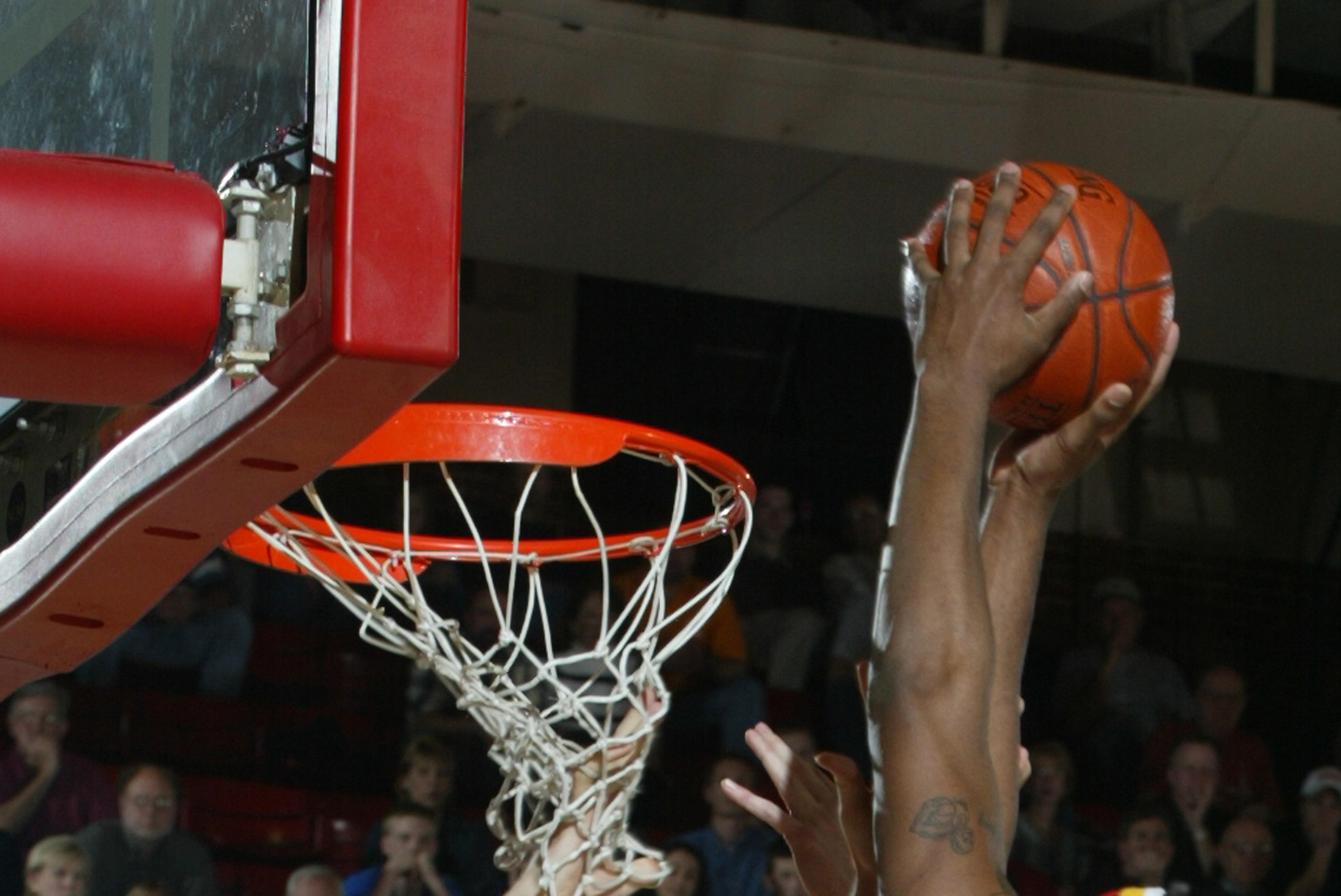NCAA Approves New Rules — But Do They Matter?

October 28, 2011
Share
As expected, the NCAA yesterday approved a new set of regulations for Division I sports:
+ Conferences will have the option of increasing scholarship funds by $2,000 (on average, scholarship money falls about $3,000 short of covering a college student’s essential expenses).
+ Starting in 2012, teams competing in postseason play, including the March Madness basketball tournament and the Bowl Championship Series in football, will have tougher academic requirements that will increase in strictness over time. According to the NCAA, the new rules would have kept 30 teams out of last year’s men’s March Madness, including national champion Connecticut.
+ Conferences will have the option of giving one-year or multi-year scholarships to student-athletes. Since 1973, schools have only been allowed to guarantee aid for a year at a time.
The Washington Post is reporting that there are also new changes coming to the way coaches recruit, including an extended recruitment period.
Former Nike executive and NCAA critic Sonny Vaccaro, who appeared in our film Money and March Madness, told us by phone today that the rule changes won’t change the underlying realities. “It’s all cosmetic. It means nothing. The NCAA has done nothing more than throw a bone to the people who have been crying about this for years,” he said.
Vaccaro’s concern is that the NCAA is merely making a “request” of the conferences to carry out the scholarship reforms, leaving it to them to provide up to $2,000 in additional aid — at some schools, scholarships fall well below the cost of attendance — or to allow for multi-year scholarships. “The NCAA took away the four-year scholarship in 1973. They took it away. Why are they leaving it up to others to undo this ungodly rule?”
The NCAA has been under fire over the past year, with critics like Vaccaro and historian Taylor Branch accusing the organization of operating like a cartel and taking advantage of students financially. The March Madness basketball tournament alone rakes in $700 million per year in a TV deal with CBS and Turner Broadcasting, and some student-athletes say they deserve a cut.
Vaccaro points out that the new academic benchmarks to participate in the postseason don’t begin to phase-in until the 2012-13 academic year. “Isn’t it ironic that the one rule that affects the financial situation of the NCAA tournament and the bowl games is delayed?” Vaccaro asks. “This is for the benefit of the NCAA… Nothing’s changed really. Nothing.”
While NCAA president Mark Emmert, as evidenced by the new rules, has said he’s open to scholarship reform, he emphasized to us this spring that amateurism is the name of the game.
“What would be utterly unacceptable,” Emmert said, “is to convert students into employees. The point of March Madness, of the Men’s Basketball Tournament, is the fact that it’s being played by students. We don’t pay our student-athletes.”
Zachary Stauffer produced FRONTLINE’s Money and March Madness.
Related Documentaries
Latest Documentaries
Related Stories
Related Stories
Explore
Policies
Teacher Center
Funding for FRONTLINE is provided through the support of PBS viewers and by the Corporation for Public Broadcasting, with major support from Ford Foundation. Additional funding is provided the Abrams Foundation, Park Foundation, John D. and Catherine T. MacArthur Foundation, Heising-Simons Foundation, and the FRONTLINE Trust, with major support from Jon and Jo Ann Hagler on behalf of the Jon L. Hagler Foundation, and additional support from Koo and Patricia Yuen. FRONTLINE is a registered trademark of WGBH Educational Foundation. Web Site Copyright ©1995-2025 WGBH Educational Foundation. PBS is a 501(c)(3) not-for-profit organization.





















